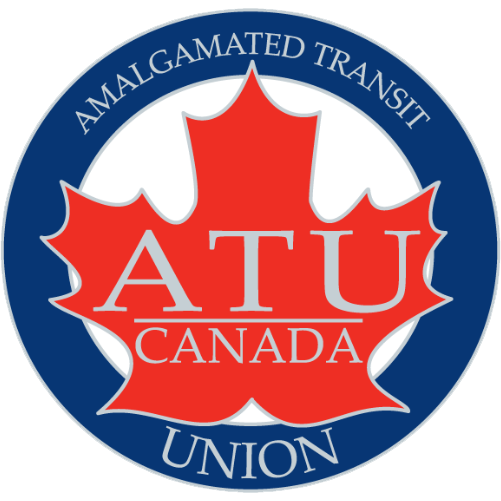ATU Canada extends its deepest condolences to those affected by the devastating crash on Mexico City’s Line 12 or “Golden Line” Tuesday that led to the death of 24 people and 65 injuries, when the overpass meant to carry the metro cars collapsed.
Mexico City’s metro is one of the busiest transit systems in North America, second to only New York City’s subway. In pre-COVID times, the metro would see as many as 4.6 million riders per day. First inaugurated in 1969, the metro has only seen according to news outlets at least two major accidents since its inception 51 years ago.
Mexican President, Lopez Obrador, announced earlier this week that there would be an investigation into what led to the collapse. Many predicted a devastating event like this on Mexico City’s most recently built metro line for years.
The contract for the project was awarded to a large consortium of private companies in 2008 which consisted of stakeholders such as Grupo Carso and French multinational Alstom.
Fully built in 2012, within the first month of its operation, the new $2 billion line saw over 60 mechanical failures and about a year later, the line was forced to shut down for repairs. An earthquake in 2017 further exposed the faulty structure of the now-collapsed overpass after transport authorities noted a “structural failure” in one of the overpass’ supporting columns.
The mostly working-class residents served by the line as well as the union representing thousands of transit workers tried to warn politicians and transport authorities about the shoddy maintenance and cracks in the structure but said they were constantly ignored.
Metro workers even planned a walkout (that never occurred) over the substandard conditions which they blamed on the French company, TCO. TCO had been contracted over Mexico City’s workers to take care of maintenance. Fernando Espino, the head of the union said that workers insisted it be their responsibility, but the transit authority and City administration opted to contract the work out.
The devastating metro crash that left many without their loved ones shows the consequences of putting profit over the lives of residents and a functioning, safe and reliable transit system and should be a warning to transit systems across Canada.
For decades, our members and other transit professionals across the country have been sounding the alarm when it comes to the mass privatization of our transit systems and the contracting out of our workers.
Private companies with sharp focuses on their bottom line and politicians trying to fill election promises will never end with safe transit systems.
What happened in Mexico City should be a message to decision makers across this country that not focusing on transit systems as a public service could have disastrous consequences
John Di Nino, President
ATU Canada
